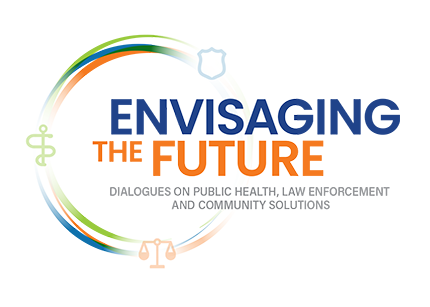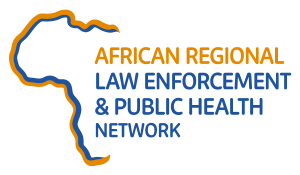
Abstract
Having identified gaps in implementation of Rhode Island’s syringe access law and police occupational safety education, public health and police professionals developed police training to boost legal knowledge, improve syringe access attitudes, and address needlestick injuries. Baseline data (94 officers) confirmed anxiety about needlestick injuries, poor legal knowledge, and occupational risk overestimation. Before training, respondents believed that syringe access promotes drug use (51%), increases likelihood of police needlestick injuries (58%), and fails to reduce epidemics (38%). Pretraining to posttraining evaluation suggested significant shifts in legal and occupational safety knowledge; changes in attitudes toward syringe access were promising. Training that combines occupational safety with syringe access content can help align law enforcement with public health goals. Additional research is needed to assess street-level effect and to inform intervention tailoring.






